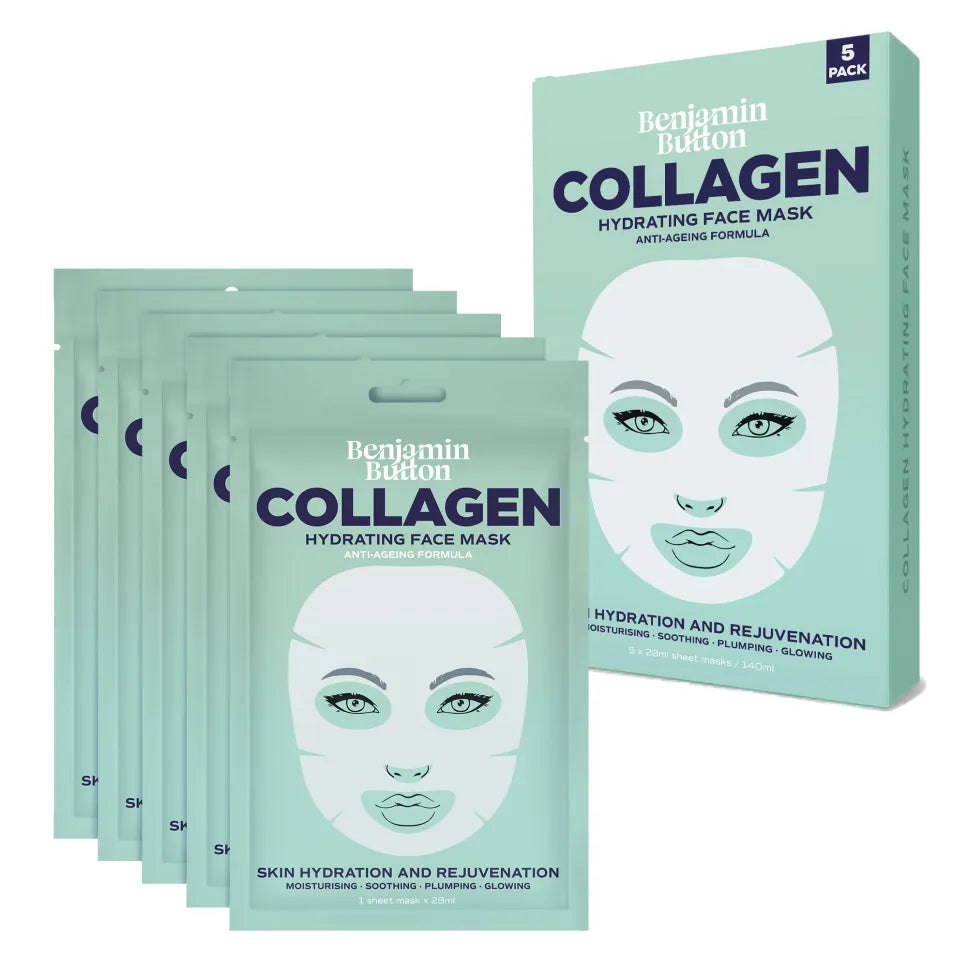Understanding Cortisol Changes with Age for Better Wellbeing
As we age, our bodies undergo a myriad of changes, and one of the critical elements that fluctuate significantly is cortisol. Cortisol, often referred to as the "stress hormone," plays a vital role in various bodily functions, including metabolism, immune response, and the regulation of blood sugar levels. Understanding how cortisol changes with age can empower us to manage our wellbeing more effectively.The Role of Cortisol in the Body
Cortisol is produced by the adrenal glands and helps the body respond to stress. It is released in varying amounts throughout the day, typically peaking in the morning and gradually declining by evening. This natural cycle is known as the diurnal rhythm. Here are some vital functions of cortisol:- Regulates Blood Sugar: Cortisol plays a crucial role in managing glucose metabolism, ensuring that your body has a steady supply of energy.
- Modulates the Immune Response: It helps control inflammation and keeps the immune system in check.
- Affects Blood Pressure: Cortisol assists in regulating blood pressure, which is essential for overall cardiovascular health.
- Influences Metabolism: By affecting how the body breaks down fats, proteins, and carbohydrates, cortisol is key to maintaining healthy body composition.
Cortisol and Age: What Changes Occur?
As we reach different stages of life, our hormone levels fluctuate, including cortisol. Here’s how age affects cortisol levels:- Young Adults: In young adults, cortisol levels generally follow the established diurnal rhythm. However, lifestyle factors like stress, inadequate sleep, and poor nutrition can disrupt this rhythm.
- Middle Age: During middle age, some individuals may experience higher average cortisol levels, which might contribute to weight gain, particularly around the abdomen. Chronic stress can exacerbate these rises.
- Older Adults: Interestingly, cortisol production tends to become less regulated with age. Research indicates that older adults may experience higher baseline cortisol levels, particularly in response to acute stress.
Understanding these changes is essential because elevated cortisol levels over time can lead to various health issues, including:
- Increased Anxiety and Depression: Higher cortisol levels can negatively impact mood and cognitive function.
- Weight Gain: Elevated cortisol levels are linked to increased appetite and cravings, particularly for high-sugar and high-fat foods.
- Sleep Disturbances: Imbalances in cortisol can lead to sleep problems, making it difficult to enjoy restorative rest.
- Cardiovascular Issues: Chronic high cortisol can influence blood pressure and heart health.
How to Mitigate Negative Effects of Cortisol
Fortunately, there are several strategies you can employ to ensure that your cortisol levels remain balanced, promoting overall wellbeing as you age:- Mindfulness and Stress Management: Engaging in mindfulness practices such as meditation or yoga can significantly help in reducing stress and, consequently, cortisol levels.
- Regular Exercise: Consistent physical activity is one of the most effective ways to manage cortisol levels while also enhancing overall health.
- Healthy Diet: Eating a balanced diet rich in whole foods, healthy fats, and lean proteins can stabilise blood sugar levels and prevent cortisol spikes.
- Sleep Hygiene: Prioritising good sleep is crucial for hormone regulation. Establishing a calming bedtime routine can improve your sleep quality, thus benefiting cortisol levels.
- Social Connections: Maintaining strong relationships and engaging in social activities can help buffer stress and reduce cortisol levels.
Monitoring Cortisol Levels
If you suspect that your cortisol levels may be affecting your wellbeing, consider consulting with a healthcare professional. They may recommend tests to measure cortisol levels, which typically involve saliva, blood, or urine samples. Understanding your cortisol status can guide your approach to managing stress and promoting better health.Conclusion: Embracing Change for Better Wellbeing
Understanding how cortisol levels change with age is crucial for maintaining your health and wellbeing. By adopting proactive measures, such as stress management techniques, regular exercise, and a balanced diet, you can significantly mitigate the adverse effects of cortisol. Embracing these changes empowers you to lead a healthier, more fulfilling life as you navigate through the different stages of ageing. Your wellbeing is a journey—understanding the role of cortisol is one essential step along the path.By staying informed and making wise lifestyle choices, you can positively influence your body’s response to stress and age independently. As you take charge of your health, the benefits will manifest in your overall vitality and happiness.






















